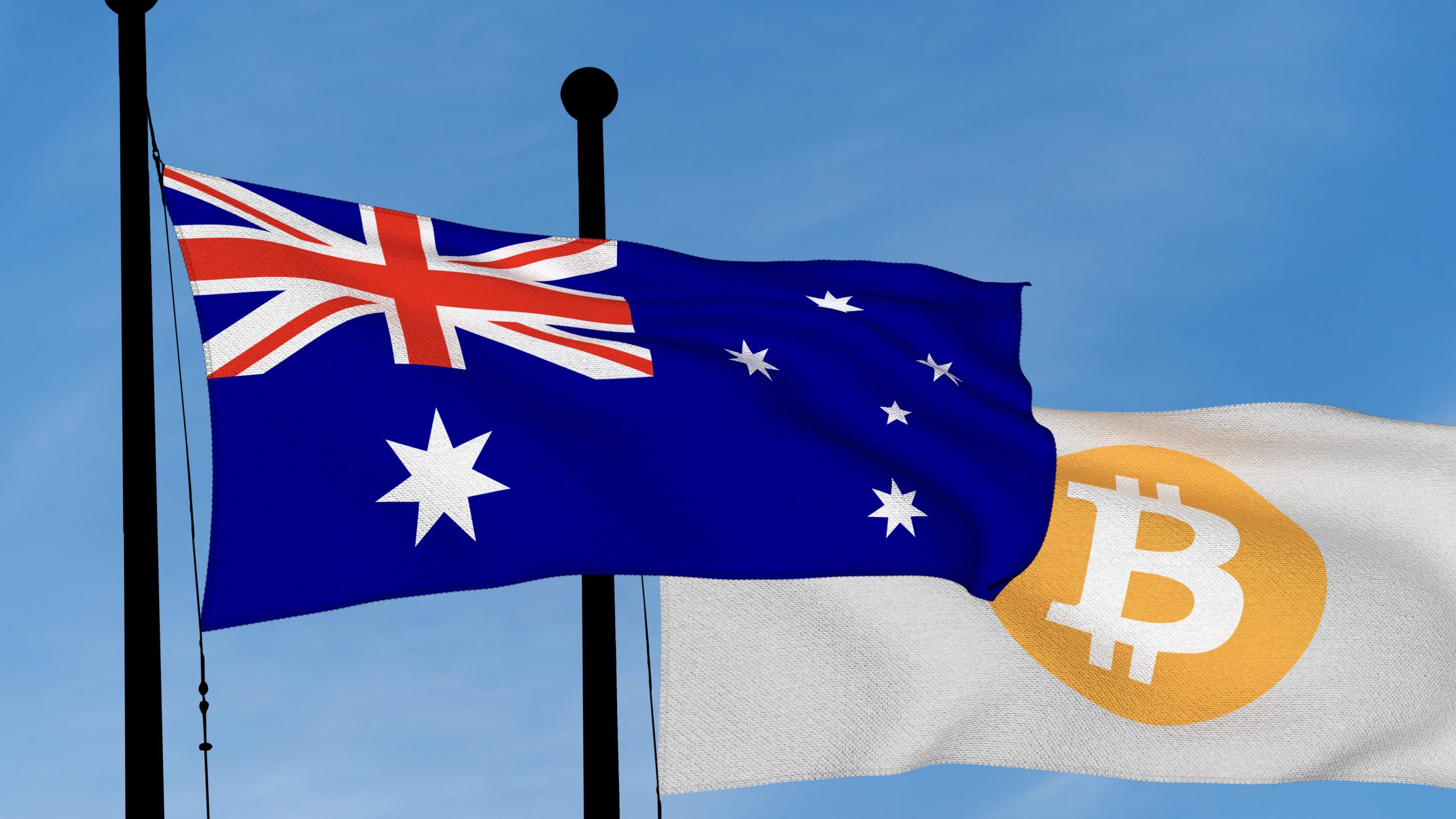Australia needs to ‘move with the times’: Crypto industry responses to the federal budget

Getty Images
So, the Albanese government’s first budget has been released into the world. And as Stockhead‘s Christian Edwards put it, “Treasurer Jim Chalmers didn’t break anything“. But does that include crypto?
Seems so, and so far, so good. Right, then, move along, nothing to see here?
Before you do move onto something else, such as less gingerly checking your crypto portfolio (BTC: +4.7%; ETH: +11%; ADA: +10%; SOL: +10%; DOT: +9%) here are some responses from some local industry experts.
We’ll start with Caroline Bowler – CEO of crypto exchange BTC Markets.
‘A clear dividend for the Australian economy’
According to Bowler, one key positive the crypto/blockchain industry can draw from the Australian government’s mini budget is a focus on embracing new means for productive growth.
“[The budget] has prioritised improving the productive capacity of our economy. And this outcome is aligned with those of the local digital assets industry,” notes the exchange boss.
“As of today our [crypto/blockchain] sector contributes $2.1 billion to the Australian economy according to research from EY. Their 2021 report states that under the right policy settings, this contribution could grow to $68.4 billion by 2030, about 2.6% of the national economy.”
As Bowler points out, the Aussie crypto industry has been hugely collaborative and cooperative with the government regarding the development of a regulatory framework.
We know this to be the case, as every major player in the space locally that Stockhead’s spoken to has revealed they’ve been in the thick of that regulatory conversation – from Bowler herself, to fellow exchanges Kraken, CoinJar, Binance Australia and Coinbase, fintechs Finder and Revolut and various other notables including Apollo Capital, DigitalX, BetaCarbon, Illuvium’s Kieran Warwick and Blockchain APAC’s Steve Vallas.
There are many others besides but the point is, the government’s approach (including its most recent previous custodians) has been one of collaboration and learning about this sector from a broad spectrum of local experts.
“There is a clear dividend for the Australian economy from this work,” said Bowler. “The token-mapping exercise as recommended by the 2021 Senate report is a vital stepping stone. However, we need ongoing intellectual investment from [the] government to drive and accelerate appropriate regulatory outcomes.
“International partners such as the European Union are embracing this opportunity with their recent legislation. It’s imperative that we move with the times or risk losing both our competitive edge and the digital economy,” concluded the BTC Markets CEO.
‘Emblematic of widespread recognition’
Kraken Australia’s managing director Jonathon Miller also offered Stockhead some thoughts on the new budget, indicating that the mere mention of digital currencies in this context is a positive step forward.
“Last night, the Albanese government’s federal budget included mention of digital currencies as it clarified that cryptocurrencies continue to be excluded from the Australian income tax treatment of foreign currency,” noted Miller,” adding:
“This is the first time crypto has been recognised in the budget and is emblematic of the widespread recognition that cryptocurrencies are certainly a component of the future financial system.”
“Australia has the opportunity to become a market leader in fintech competition and crypto/blockchain technology,” said Miller the other day in the lead-up to the budget. “But only if we sustain the right regulatory environment and support mechanisms for businesses in the space that help continue to drive innovation, competition and success here, as well as attract top tier talent.”
‘Web3 is alive and well in Australia’
Chiming in, too, was Binance Australia’s CEO Leigh Travers:
“The Labor government has written Bitcoin’s tax treatment into law. In practice, nothing changes,” Travers told Stockhead via email.
“Arguably, [it’s] not as significant as the removal of the ‘double taxation’ of Bitcoin (with the removal of GST from transactions in July 2017), but this legislation is another firm recognition of Bitcoin and digital assets as an asset class.
“With recent announcements by ASIC in the digital asset sector, the RBA’s blockchain use-case consultation, and Treasury’s token-mapping exercise, it is clear that the web3 industry is alive and well in Australia.”
This budget ‘removes uncertainty’
Meanwhile, stepping at least one foot outside the crypto industry, Mark Chapman, director of Tax Communications at H&R Block also remarked on the Chalmers budgetary nod to digital currencies.
Their exclusion from the Australian income tax treatment of foreign currency “maintains the current tax treatment of digital currencies, including the capital gains tax treatment where they are held as an investment,” clarified Chapman.
“This measure removes uncertainty following the decision of the government of El Salvador to adopt Bitcoin as legal tender and will be backdated to income years that include July 1, 2021,” he noted.
Related Topics
UNLOCK INSIGHTS
Discover the untold stories of emerging ASX stocks.
Daily news and expert analysis, it's free to subscribe.
By proceeding, you confirm you understand that we handle personal information in accordance with our Privacy Policy.








